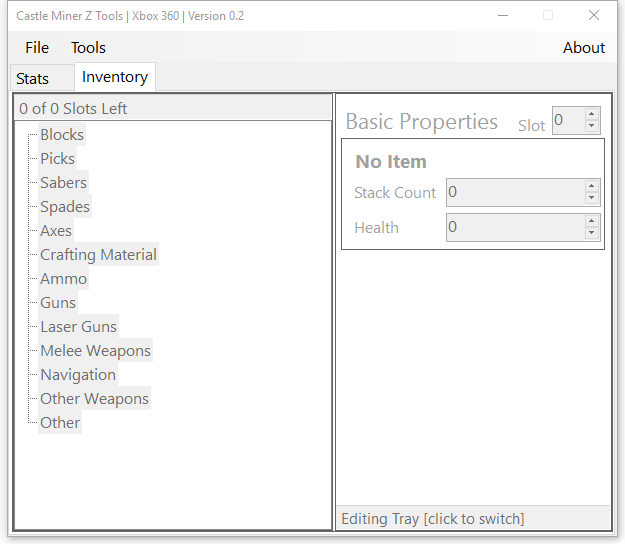

One day, the data may well put ARM performance ahead, but that day is not today.Īpple smartphone cores can outperform i9-9900k at compilation. I just feel it’s important to stick to the data rather than letting hype get the better of us. These posts make me sound like an intel fanboy even though I’m really not, haha. Still, even if you want to give Gravaton2 the benefit of the doubt it should be evident that it wasn’t running the race against the best that intel or AMD have to offer. Note that I had to estimate gravaton2’s ‘passmark’ score based on relative performances which is indirect measurement at best. So yeah, while it’s technically true that Amazon’s gravaton2 instances blow away Amazon’s AMD and Intel instances, that’s really because Amazon’s AMD and intel instances are so far from cutting edge in the first place. Xeon Platinum 8259CL (32C/64T) = N/A (not publicly sold) Gravaton2 (64C) = 38,055 (not measured, projected passmark score) (Note this is a subset of a much larger list…) the SPECINT2017 Rate-64 Estimated Total (16xlarge) gives the impression that the gavaton2 ARM processor killed the competition,īut then recall that both AMD and Intel have processors that blow away the AMD EPYC 7571 used by amazon… Without context, the scores you link to give a very misleading impression!įor example. The problem is when the benchmarks are posted out of context.

The benchmarks should be read with all of this in mind.

It’s to be noted that we would have loved to be able to include AMD EPYC2 Rome based (c5a/c5ad) instances in this comparison Amazon had announced they had been working on such deployments last November, but alas the company wasn’t willing to share with us preview access (One reason given was the Rome C-type instances weren’t a good comparison to the Graviton2’s M-type instance, although this really doesn’t make any technical sense).īoth the EPYC 7571 and the Xeon Platinum 8259CL are parts which aren’t publicly available or even listed on either company’s SKU list, so these are custom parts for the likes of Amazon for datacentre deployments. Obviously it would take more data to do a better job gauging the performance of gravaton2 more directly.Īnandtech does the right thing by calling out these issues… In intel’s case there are no published specs or benchmarks and AMD’s CPU only has a single passmark submission. The third problem is that the CPUs are not publicly available. Note that the EPYC 7571 AMD CPU used by amazon scores very low compared to newer CPUs from both intel and amd. The second problem is that the benchmarks run on amazon are not using the best x86 components. I’m sure there will be readers who will be considering such a comparison “unfair”, however it’s also the positioning that Amazon is out to make in terms of delivered throughput, and most importantly, the equivalent pricing between the different instance types. When talking about 64 vCPU instances (“16xlarge” in EC2 lingo), this means that for a Graviton2 instance we’re getting 64 physical cores, while for an AMD or Intel system, we’d be only getting 32 physical cores with SMT. However, what this also means, is that we’re quite in a bit of an apples-and-oranges conundrum of a comparison when talking about platforms which do come with SMT. The Graviton2 being a single-socket 64-core platform without SMT means that the maximum available vCPU instance size is 64. Those benchmarks are not fair to amd or intel, which was explicitly acknowledged by anandtech: You omitted much needed context for those benchmarks. To be fair, that is not a particularly high end ARM part.Īmazon’s graviton is fairly impressive, and can keep up with high end EPYC parts…


 0 kommentar(er)
0 kommentar(er)
